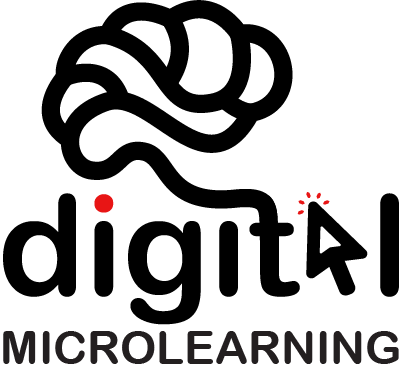Your personal development can take the form of building any skill you want to enhance your emotional well-being, your mind, or your behaviors. Whether you're aiming to enhance your professional skills, emotional intelligence, or overall well-being, the key to personal development is taking the right steps. In other words, be intentional about it.
A well-crafted personal development plan can help ensure that you reach whatever goal you are pursuing. Taking these four crucial factors into account will help you create a meaningful personal development plan: the WHAT, the HOW, the WHY, and the WHEN. Let’s take a quick look at each of these 4 factors:
What Skills Will You Build?The first step in creating your personal development plan is identifying the specific skills you want to develop. This could range from improving your public speaking abilities to mastering a new software tool, or even enhancing your emotional resilience. Clearly defining what you want to achieve will give your efforts direction and purpose.
How Will You Build Them?Once you've pinpointed the skills you want to develop, the next step is figuring out how to build them. This could involve taking online courses including micro courses, reading books, attending workshops, or finding a mentor. The methods you choose should align with your learning style and the resources available to you. Planning the "how" ensures that you have a clear, actionable path to follow.
Why Will You Build Them?
Understanding your motivation behind developing these skills is crucial. Are you looking to advance in your career, improve your personal relationships, or boost your resilience or self-confidence? Understanding your "why" will keep you motivated and committed to your development plan, especially when you encounter challenges or setbacks.
When Will You Build Them?
Timing is everything when it comes to personal development. Set realistic timelines and milestones to track your progress. Determine when you will start working on your plan and how much time you will dedicate to it daily, weekly, or monthly. Having a timeline helps to ensure that your goals are achievable and that you remain accountable to yourself.
As you work your plan, record your progress to make sure you're on the right track. Keeping a journal or using an app to track your milestones and achievements can provide you with a sense of accomplishment and help you adjust your plan as needed. Regularly reviewing your progress ensures that you stay focused and motivated on your personal development journey as you reach milestone after milestone.
"Personal development is the belief that you are worth the effort, time, and energy needed to develop yourself." – Denis Waitley
By considering these four factors—what, how, why, and when—you can create a robust personal development plan that sets you up for success. Remember, personal development is a continuous process not a destination so enjoy the journey!

